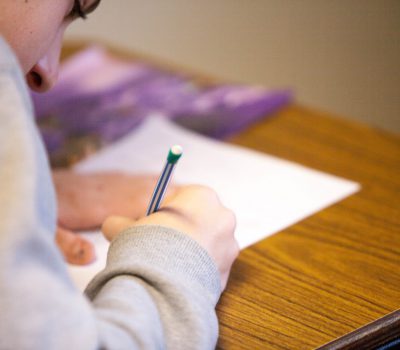


Our team sorts through all blog submissions to place them in the categories they fit the most - meaning it's never been simpler to gain advice and new knowledge for topics most important for you. This is why we have created this straight-forward guide to help you navigate our system.


And there you have it! Now your collection of blogs are catered to your chosen topics and are ready for you to explore. Plus, if you frequently return to the same categories you can bookmark your current URL and we will save your choices on return. Happy Reading!
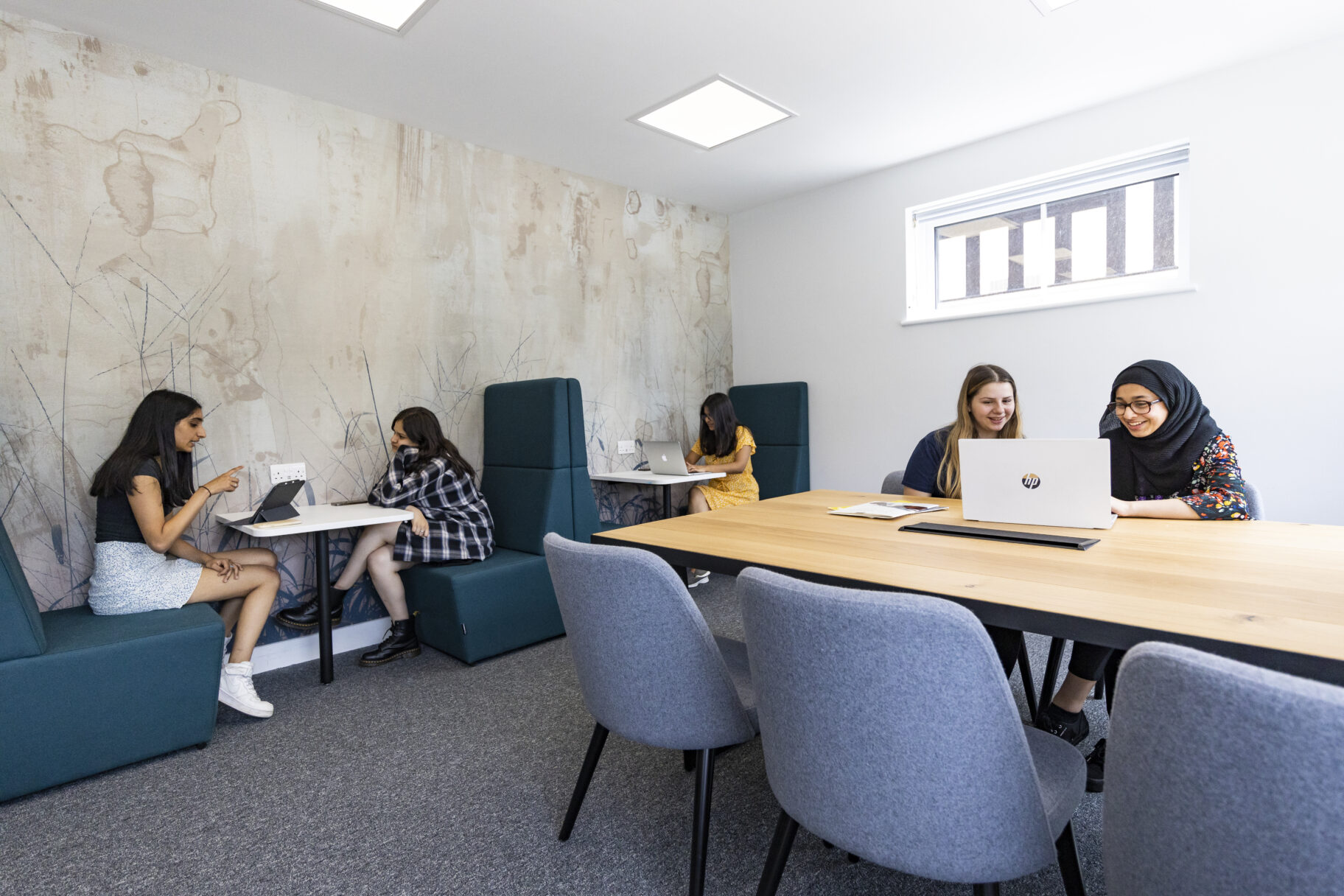
The step up from GCSEs to A levels is a considerable challenge for many students. Critical analysis, problem solving and research skills are skills which will develop your young learners into all round thinkers who can methodically apply appropriate and well-structured reasoning. The implementation of effective study strategies will give your students the foundation to achieve and succeed in their chosen subjects.
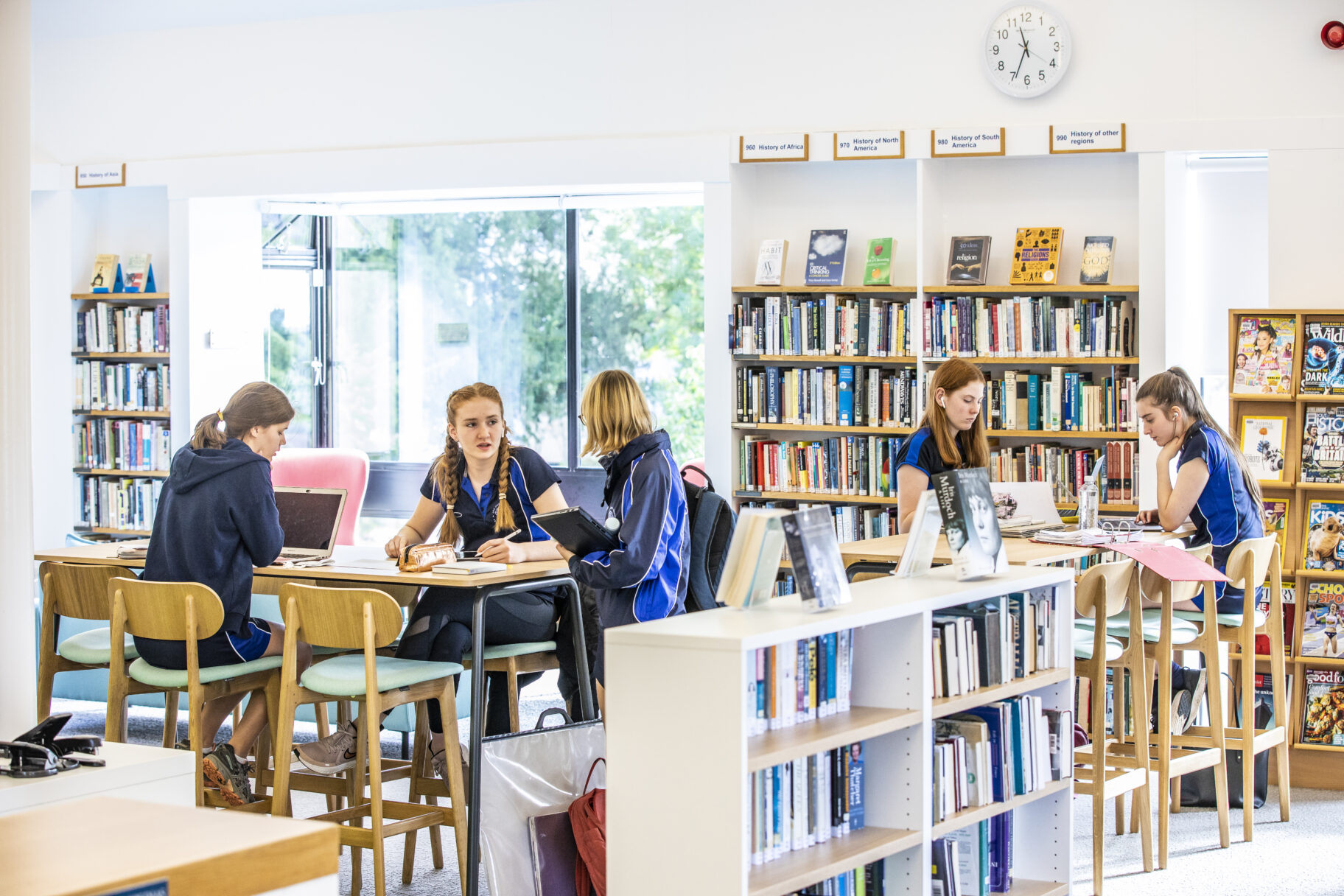
The chances are that they are a range of types, or a mixture of more than one. Within your study techniques, you should make sure there is a choice so that each student gains the most from your effective strategies. Visual learners will do best working from and with diagrams, mind maps, flashcards, mnemonic devices or charts – ways to show relationships by using colours, graphics and designs for logical understanding. Reading and Writing learners prefer to study by reading previous papers, looking at revision notes, searching out the highest grade written work and memorising, condensing and rewriting information from books and other sources. Auditory learners may prefer to hear themselves with recorded notes, watch TedX talks or videos, revision set to music or simply discuss their studies to make retaining information easier. Repetition of information embeds their learning style. Kinaesthetic learners have a more tactile approach to learning using all their senses. They may move around more, need additional breaks and can get tired quicker. Using a physical approach to learning by using practical solutions or learning via activities, or doing something that may look like they are not concentrating (ie throwing a ball) actually helps them to recall their learning.
Students everywhere need to understand the key concepts of studying for successful A Levels. They should make sure they have looked at a wide range of previous papers so they fully understand the questions asked and have an answer for everything even if unsure – that way students could gain precious extra marks. Whatever their preferred style of learning, they need to give themselves plenty of time to revise and revisit the syllabus including past work; ideally with regular quizzes and student support and a manageable study schedule. Do not underestimate the value of sharing previous excellent submissions, this is a proven tactic that inspires and teaches students what can be done and how a little extra work at this stage pays dividends.
Exams are a very stressful time for many students and it is vital they take care of their wellbeing alongside their studies. Give them time to relax and recharge, talk about how they can wind down with healthy activities such as physical exercise and encourage discussion on how they have found the experience. By offering a variety of learning options, understanding how to improve their studies and making sure they are coping with the extra pressure successfully, your young learners will feel more confident that they can go into their exams with a positive outlook and a knowledge of how to achieve highly.
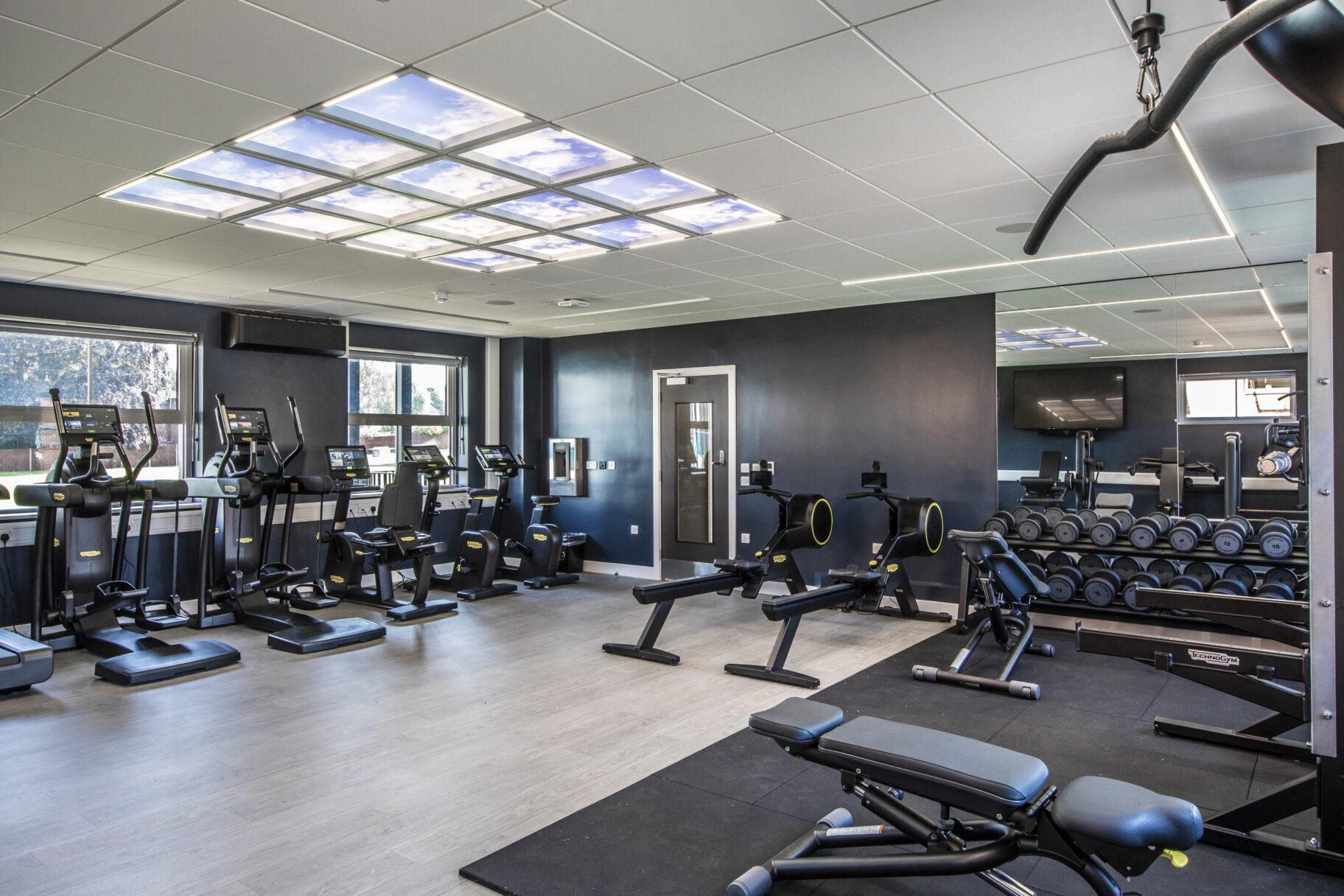
We are Noble + Eaton: a strategic consultancy group, dedicated to transforming schools and the futures of their people.
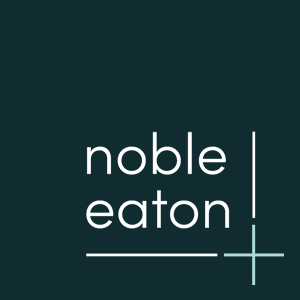
The author

Read more

Read more

Read more
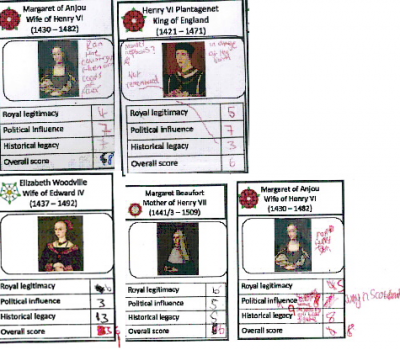
Read more
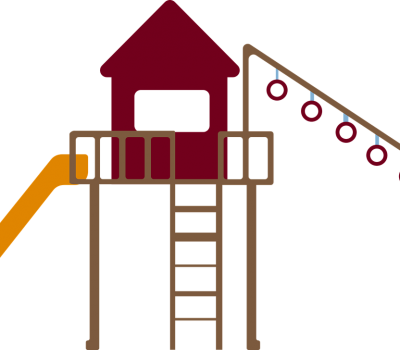
Read more
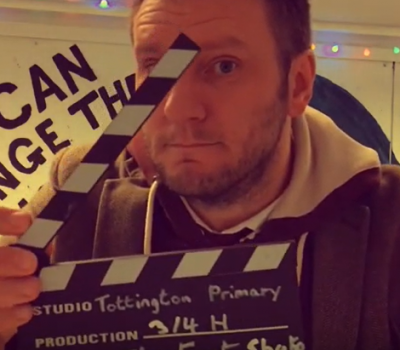
Read more

Read more

Read more


Are you looking for solutions? Let us help fund them! Nexus Education is a community of over 11,000 schools that come together to share best practise, ideas and CPD via online channels and free to attend events. Nexus also offers funding to all school groups in the UK via nexus-education.com


Established in 2011, One Education is a company at the heart of the education world, supporting over 600 schools and academies. Our unique appeal as a provider is in the breadth and synergy of the services we offer, supporting school leaders, teachers and support staff to achieve the best possible outcomes for their pupils and staff.

School Space is a social enterprise that has empowered schools for over 12 years through their profitable and hassle-free lettings services. So far, they’ve generated over £5 million in revenue for education, helping to connect over 200 schools with their local communities.


Unify is an online sales and marketing tool that allows users to create tailored personalised documents in moments.


There’s nothing special about the energy we sell. In fact, it’s exactly the same energy as all our competitors provide. But there is something special about the way we do it. Where others complicate the process, we simplify it. Where others confuse customers with hidden terms, we’re an open book. And where others do all they can to make as much money from their customers as possible, we do all we can to make as little. Everything we do, we do it differently. Our customers are a privilege. One we’ll never take advantage of.


Securus provide market-leading monitoring solutions to safeguard students on ALL devices both online and offline. We also offer a full monitoring service, where we carry out the monitoring on behalf of the school, freeing up valuable staff resources. From the smallest school to large MAT groups, Securus offers safeguarding protection for all!


Bodet Time offers dedicated solutions to education through lockdown alerts, class change systems, PA and synchronised clock systems. Improving time efficiency of the working and school day; ensuring safety through lockdown alerts; increasing communication with customised broadcast alerts.


Robotical makes Marty the Robot - a walking, dancing coding robot that makes programming fun and engaging for learners as young as 5. Our robots come with a full Learning Platform that has complete teaching resources, to make lesson planning a breeze.